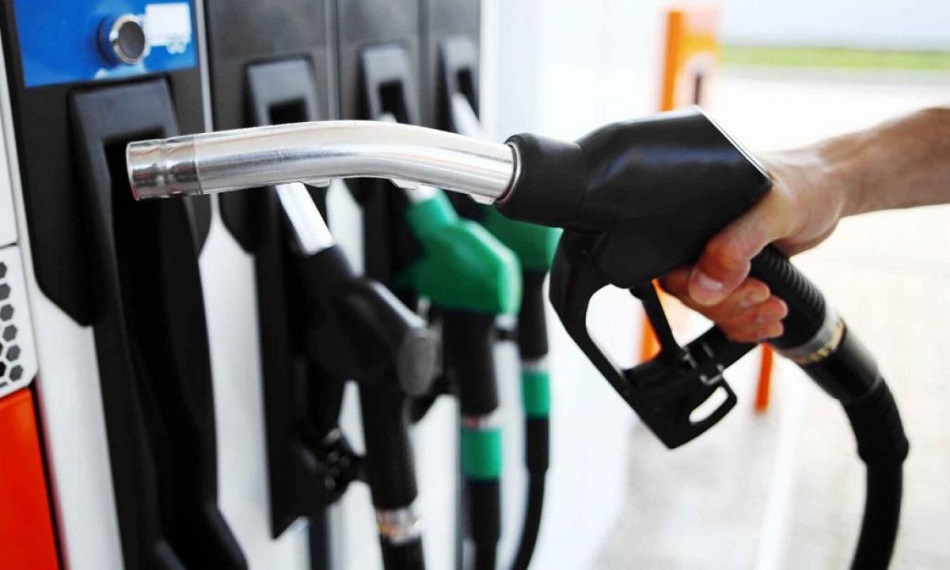
For new car owners or novice drivers, knowing the petrol types at stations is vital to avoid long-term car damage and potential insurance issues. This article explores the differences between power and regular petrol, focusing on octane levels and associated benefits.
Power And Regular Petrol: The Octane Factor
The primary difference between power and regular petrol lies in their octane content. Octane measures a fuel’s resistance to premature ignition or “knocking.” Regular petrol has a lower octane content, leading to increased compression and the risk of engine knocking. On the other hand, power petrol boasts a higher octane content, offering resistance to pre-ignition.
Power Petrol Defined:
Power petrol, often called premium petrol, contains a higher octane rating, typically ranging from 91 to 94, compared to regular petrol’s octane rating of up to 87. This higher octane number reduces detonation and engine knocking, leading to better combustion, improved fuel efficiency, and optimal engine performance. Power petrol is especially beneficial for high-compression engines, commonly found in performance-oriented vehicles like sports cars.
Additional Benefits Of Power Petrol:
Apart from preventing engine knocking, power petrol provides several advantages:
- Enhanced Fuel Efficiency: Improved combustion in power petrol leads to higher fuel efficiency, boosting overall mileage.
- Acceleration And Power: Reducing engine knocking contributes to enhanced acceleration and overall power in vehicles fueled by power petrol.
- Reduced Emissions: Power-fueled cars emit fewer pollutants, reducing their environmental impact.
- Deposits Removal: Power petrol helps clean fuel injectors and intake valves, preventing engine deposits.
- Improved Driving Experience: The combination of increased power, speed, and fuel efficiency results in an overall improved driving experience.
- Controlled Octane Requirement Increase (ORI): Power petrol manages and enhances the Octane Requirement Increase, reducing deposits in the combustion chamber.
When To Use Power Fuel:
Contrary to a common misconception, power petrol is only sometimes necessary. It should only be used when the engine experiences knocking or rattling with regular gasoline. Always refer to the vehicle’s manual for guidance. Using power petrol with a specific requirement can lead to expenses without additional benefits.
Safeguarding Your Vehicle:
In addition to choosing the right fuel, regular car maintenance is crucial for long-term vehicle safety. This includes changing coolant, engine oil, and other consumables. Equally important is securing four-wheeleronline car insurance.
Insurance providers offer comprehensive, standalone, own-damage, andthird-party car insurance. These policies protect against theft, accidents, and natural disasters, ensuring coverage for potential losses. *
The VIN number of a car plays a vital role in insurance claims. To find the VIN number of your vehicle, check the dashboard near the windshield on the driver’s side.
Understanding the distinctions between power and regular petrol is vital for maintaining your vehicle’s health and performance. Power petrol provides numerous benefits, but its usage should align with the vehicle’s requirements. Additionally, investing in comprehensive car insurance ensures financial protection against unforeseen events. By making informed choices regarding fuel and online car insurance, you contribute to the long-term well-being of your vehicle. You can use acar insurance premium calculator to check on the prices of premiums to be paid. Claims are subject to terms and conditions set forth under the motor insurance policy. *
*Standard T&C Apply
Insurance is the subject matter of solicitation. For more details on benefits, exclusions, limitations, terms, and conditions, please read the sales brochure/policy wording carefully before concluding a sale.








